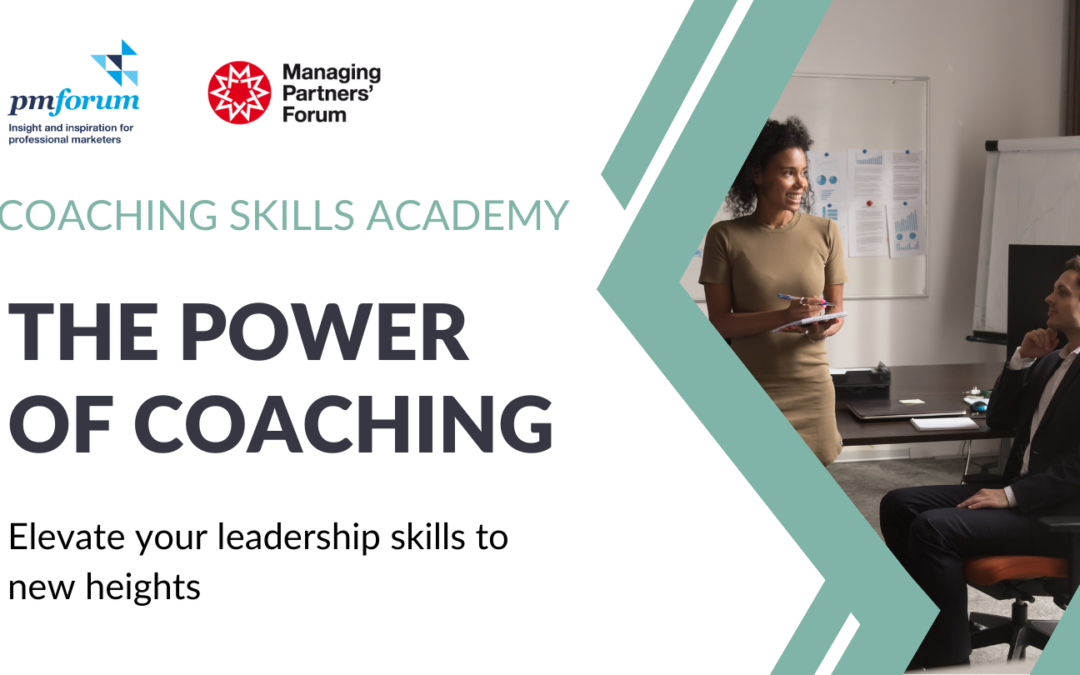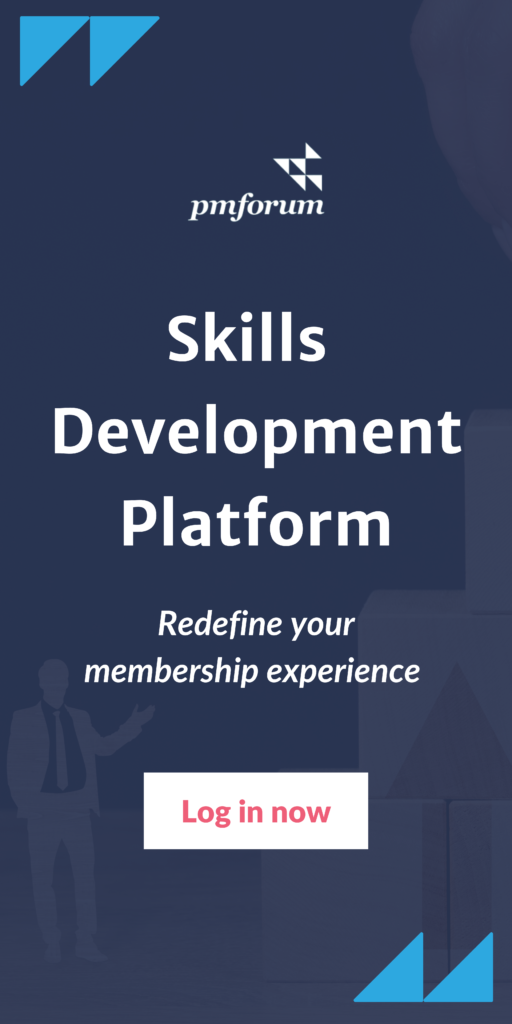Beginnings and Insights: The Story Behind the Coach
Effective leadership development increasingly hinges on coaching, which has emerged as a critical tool in enhancing leadership skills.
Coaching is increasingly recognised as a core leadership skill for driving change and fostering a high-performance culture.
Research has shown that coaching promotes reflective learning, enhances decision-making skills and builds resilience among leaders and their teams. High-quality coaching programs significantly improve productivity, communication, and employee engagement, proving that investing in coaching is not just beneficial but essential. As Kim Tasso’s extensive experience illustrates, effective coaching can transform individuals and organisations alike, making it a powerful tool for any forward-thinking business.
Kim Tasso‘s journey into coaching began in 2000 during a marketing consultancy assignment for a recruitment and occupational psychology practice in Bradford. This assignment led her to the Oxford School of Coaching and Mentoring (OSCM), founded by Eric Parsloe, a leading expert in the field. Struck by the potential of coaching, Kim pursued her own qualification under Eric’s mentorship.
Since then, she has coached numerous high-profile professionals, including the entire board of one of Europe’s largest property consultancies, aspiring leaders in accountancy practices and senior associates at leading law firms. Kim’s extensive experience establishes her as a credible authority on the transformative power of coaching.
Unveiling the Power of Coaching: Compelling Data and Insights
The effectiveness of coaching is not just anecdotal; it is supported by compelling data. A study published in Public Personnel Management found that organisations offering training saw a 22% increase in productivity. However, when training was combined with coaching, productivity soared by 88%. Other significant findings include:
- 80% of people who receive coaching report increased self-confidence
- Over 70% benefit from improved work performance, stronger relationships, and more effective communication skills
- Coaching organisations report higher levels of employee engagement, productivity, and satisfaction
- Companies with strong coaching cultures experience a 28% reduction in employee turnover rates
- 86% of companies report that they recouped their investment in coaching
These statistics underscore the profound impact coaching can have on both individuals and organisations, making a compelling case for its integration into leadership development programs.
From Theory to Practice: Success Stories in Coaching
Kim’s coaching career is replete with success stories that illustrate the tangible benefits of this practice. For instance, she has coached the entire board of a major property consultancy in Europe, helping them navigate complex challenges and enhance their strategic thinking. Similarly, her work with high-performing lawyers has enabled them to achieve their ambitious goals and generate significant new work, demonstrating the broad applicability of coaching across different industries. These real-life examples highlight how coaching can drive significant improvements in performance and career progression.
Inside the Coaching Toolbox: Essential Skills and Methods
The coaching process is both straightforward and profound, employing various models to guide individuals toward their goals. Among the most popular models are:
- GROW (Goals, Reality, Options, Will): Developed by John Whitmore, this model helps individuals set clear goals, understand their current reality, explore options, and commit to action.
- WOOP (Wish, Outcome, Obstacle, Plan): Gabriele Oettingen’s strategy for mental contrasting encourages individuals to turn their dreams into actionable plans.
- Intentional Change Theory: This approach, detailed in the 2019 book Helping People Change – Coaching with Compassion, focuses on fostering lasting change through compassionate coaching.
Essential skills for effective coaching include building rapport, focused listening, using intuition, asking effective questions, and providing constructive feedback. While these skills may seem simple, mastering them can take a lifetime, and continuous learning is key.
Coaching Uncovered: Myths and Realities
Despite its effectiveness, coaching is often misunderstood. Common myths include confusing coaching with mentoring or counselling. Unlike these processes, coaching is a developmental tool for high-performing individuals, not just for those who need improvement. It is a helping relationship that encourages learning and change through asking questions and guiding individuals to find their own solutions. Contrary to popular belief, a coach does not provide answers but empowers individuals to discover solutions themselves and commit to taking action.
Looking Forward: The Future of Leadership Through Coaching
The evidence is clear: coaching is a powerful tool that can elevate leadership skills and drive organisational success. As Kim Tasso’s story and experiences demonstrate, investing in coaching can yield substantial benefits, from improved performance and self-confidence to higher employee engagement and reduced turnover. By understanding and embracing the coaching process, organisations can foster a culture of continuous development and achieve remarkable results.
For those interested in harnessing the power of coaching, the Coaching Skills Academy offers a range of courses designed to develop these essential skills. From beginners to advanced practitioners, there is a course to suit every level, providing the knowledge and tools needed to become an effective coach. Embrace the potential of coaching and invest in the future of your leadership today.
Coaching Skills Academy – PM Forum
Scheduled half-day online workshops:


